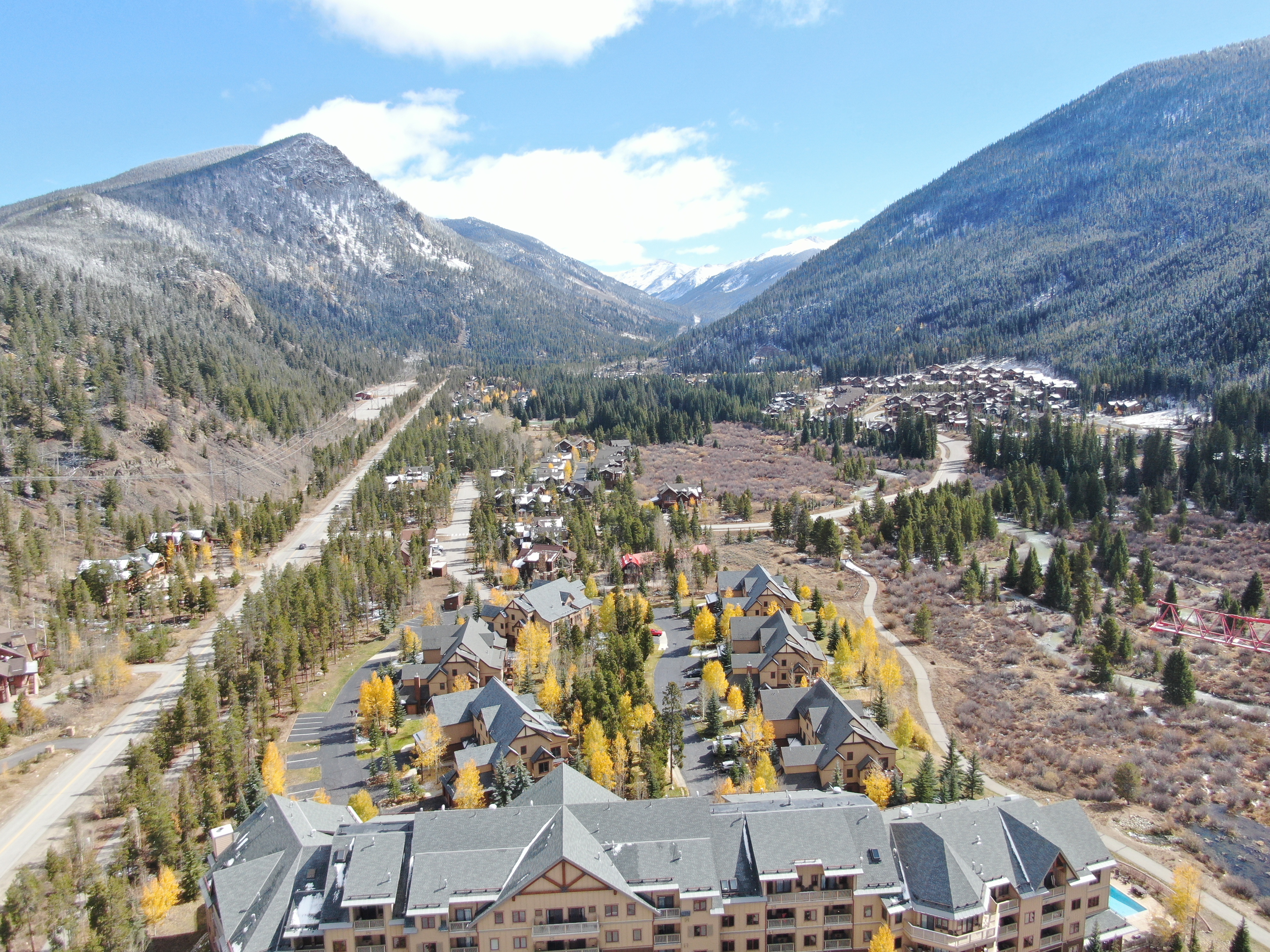Categories
Real Estate Investment TipsPublished June 26, 2025
What You Need to Know about Short-Term Rentals

What You Need to Know About Short-Term Rentals in Summit County, Colorado
If you’re considering buying a home in Summit County, Colorado—whether it’s in Breckenridge, Frisco, Silverthorne, Dillon, or Keystone—there’s one topic you must understand before making an offer: short-term rental regulations and homeowners association ("HOA") rules.
Summit County is a mountain paradise known for its world-class skiing, alpine lakes, and charming small towns. Naturally, it attracts vacationers and second-home owners from across the country. But if you’re planning to generate income through platforms like Airbnb or VRBO, or you want to understand how restrictive an HOA might be, you’ll want to read this first.
Are Short-Term Rentals Allowed in Summit County?
The answer is: it depends—heavily—on location.
Each town (and unincorporated Summit County) has its own set of rules regarding short-term rentals ("STRs"). Some areas welcome vacation rentals, while others have strict caps, licensing requirements, or outright bans.
Here is a quick breakdown by town:
- Breckenridge:
The town has capped the number of STR licenses allowed and divided the town into zones. Some zones have strict limits or are completely full, meaning new licenses are nearly impossible to get right now. More info at Apply for a license or join a waitlist | Breckenridge, CO - Frisco:
STRs are allowed, but you must obtain a license. The town has implemented new regulations in recent years to control growth. More info at: Short-Term Rentals in Frisco - Frisco Town Government - Dillon & Silverthorne:
Both allow STRs with licenses, but restrictions may include primary residence requirements, neighbor notification, and occupancy limits. More info for Dillon at Short Term Rental (STR) Regulations | Dillon, CO Silverthorne: Short-Term Rental Licenses | Town of Silverthorne, CO - Keystone & Copper Mountain (Unincorporated Summit County): https://www.summitcountyco.gov/services/community_development/short_term_rentals/index.php
These resort areas are generally more lenient toward STRs, but county-level licensing is still required.
👉 Tip: Always verify if the home is in the town limits or unincorporated county—it affects which rules apply.
Do I Need a License to Rent My Property Short-Term?
Yes. Every jurisdiction in Summit County requires some form of STR license, and they’re not automatic when you buy a property. Most licenses are non-transferable, meaning if the seller had one, you’ll have to apply for your own after closing—and there may be a waiting list.
Licenses typically include:
- A one-time or annual fee
- Proof of property insurance
- Local contact or property manager information
- Compliance with occupancy limits, parking rules, and noise ordinances
Failure to comply can result in hefty fines or revocation of your license.
Can the HOA Prohibit Short-Term Rentals?
Absolutely. Even if the town or county allows STRs, your homeowners association (HOA) can ban or restrict them—and many do.
HOA restrictions may include:
- Complete bans on rentals under 30 days
- Limited number of rental nights per year
- Requirement to notify HOA of rental guests
- Fines for violations
- Restrictions on exterior signage, parking, or pet policies
Always review the HOA bylaws and declarations before purchasing a property. If you plan to rent your home to offset costs, this could make or break the deal.
Can I Buy a Home With an Existing STR License?
Possibly, but don’t count on it. In most jurisdictions, STR licenses are not transferrable. That means even if the current owner is operating legally, you’ll have to apply for your own license post-sale—and that’s where caps and waitlists can get in your way.
What to Ask Your Realtor or Seller:
- Is the property currently licensed as a short-term rental?
- Will I be able to apply for a new license after closing?
- Are there active complaints or violations on the record?
- What are the HOA’s current rental rules?
Final Thoughts
If you’re buying a home in Summit County with rental income in mind, do your homework upfront. The short-term rental landscape is evolving rapidly, and what was true last year may not apply today.
Working with a local real estate agent who understands the current regulations in each town and neighborhood can save you major headaches (and money) down the line. And don’t forget to loop in your lender and insurance agent—some financing and coverage types change based on rental use.
Want Help Finding STR Friendly Property?
Whether you’re dreaming of a ski-in/ski-out condo in Keystone or a quiet cabin near Lake Dillon, I can help you navigate the ins and outs of short-term rentals, licensing, and HOA regulations in each corner of the county.
Let’s talk! Reach out today to get expert local insight on purchasing a second home in Summit County.






